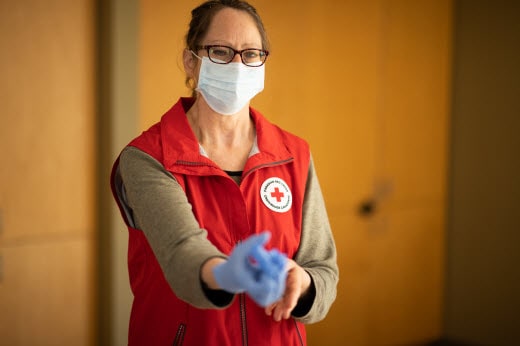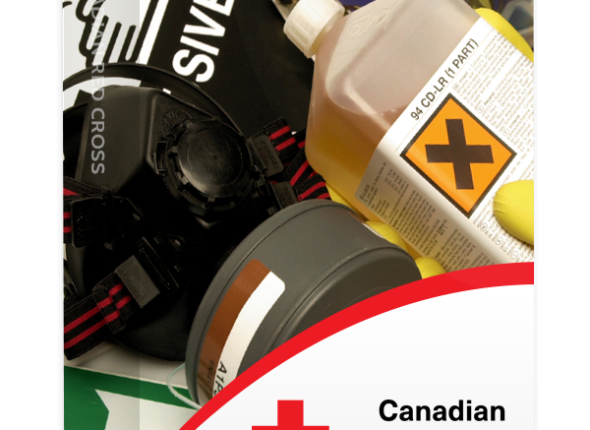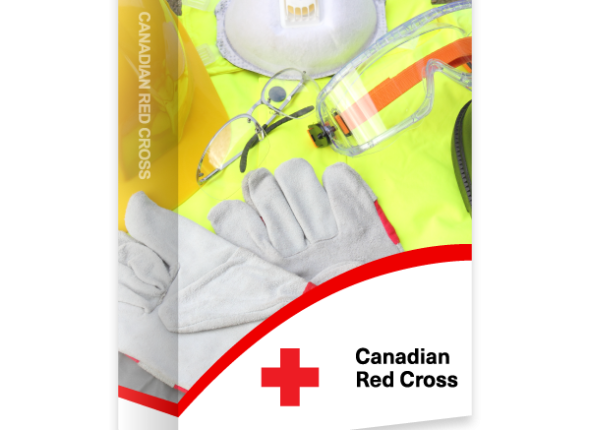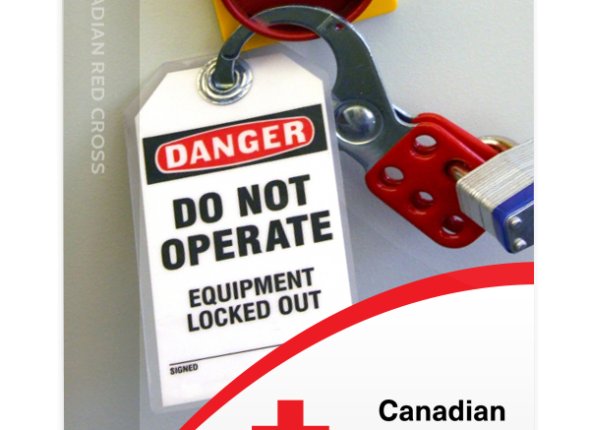
Preventing Disease Transmission-Online
The Canadian Red Cross offers an Online Preventing Disease Transmission course designed to educate participants on how to minimize the risk of disease transmission in various settings, particularly in workplaces, schools, and public areas. This course is particularly relevant in contexts like healthcare, food service, and childcare, where maintaining high hygiene standards is crucial.
This course is an essential resource for anyone looking to enhance their understanding of infection control and contribute to safer, healthier environments in both personal and professional settings.
Top of Form
Bottom of Form
Overview of the Online Preventing Disease Transmission Course
- Course Content
- Understanding Disease Transmission: An introduction to how diseases are transmitted, including modes of transmission such as direct contact, airborne, droplet, and vector-borne.
- Infection Control Principles: Basic principles of infection control, including how to prevent the spread of infectious diseases through hygiene practices, protective equipment, and environmental controls.
- Personal Protective Equipment (PPE): Proper use of PPE, such as masks, gloves, and gowns, to protect oneself and others from infectious agents.
- Hand Hygiene: The importance of handwashing and hand sanitizer use, including proper techniques and timing to effectively reduce the spread of pathogens.
- Environmental Cleaning and Disinfection: Best practices for cleaning and disinfecting surfaces and objects to prevent the spread of infections in homes, workplaces, and public spaces.
- Handling and Disposing of Contaminated Materials: Safe handling and disposal methods for materials that may be contaminated with infectious agents, such as needles, bandages, and other medical waste.
- Emergency Response: Procedures to follow if an outbreak occurs, including isolation protocols and when to seek medical assistance.
- Course Format
- Self-Paced Learning: The course is typically delivered online, allowing participants to complete the material at their own pace. This flexibility makes it accessible for busy professionals or those with varying schedules.
- Interactive Modules: Includes interactive elements such as quizzes, case studies, and scenario-based learning to reinforce understanding of key concepts.
- Assessment and Certification: At the end of the course, participants may need to complete an assessment. Successful completion typically results in a certificate that may be recognized by employers and regulatory bodies.
- Target Audience
- Healthcare Workers: Nurses, doctors, and other healthcare professionals who are regularly exposed to pathogens.
- Childcare Providers: Individuals working with children who need to maintain strict hygiene standards.
- Food Service Workers: Employees in the food industry who must prevent contamination and the spread of foodborne illnesses.
- General Public: Anyone interested in improving their knowledge of disease prevention, especially in light of recent public health concerns like COVID-19.
Benefits of the Course
- Health and Safety Compliance: Helps individuals and organizations comply with health regulations and standards.
- Risk Reduction: Equips participants with the knowledge to effectively reduce the risk of disease transmission in various settings.
- Certification: Provides a valuable certification that can enhance professional credentials and improve job prospects.










